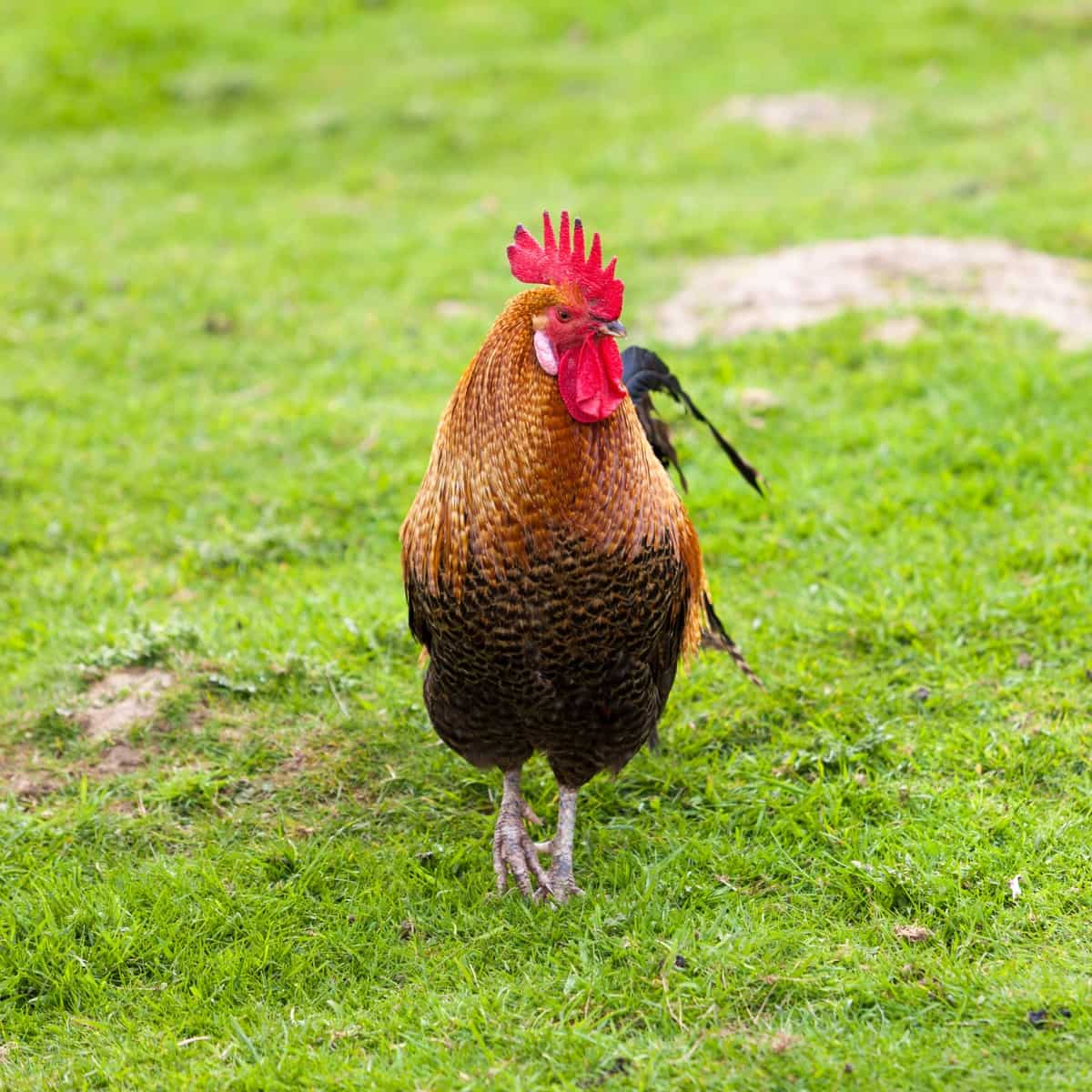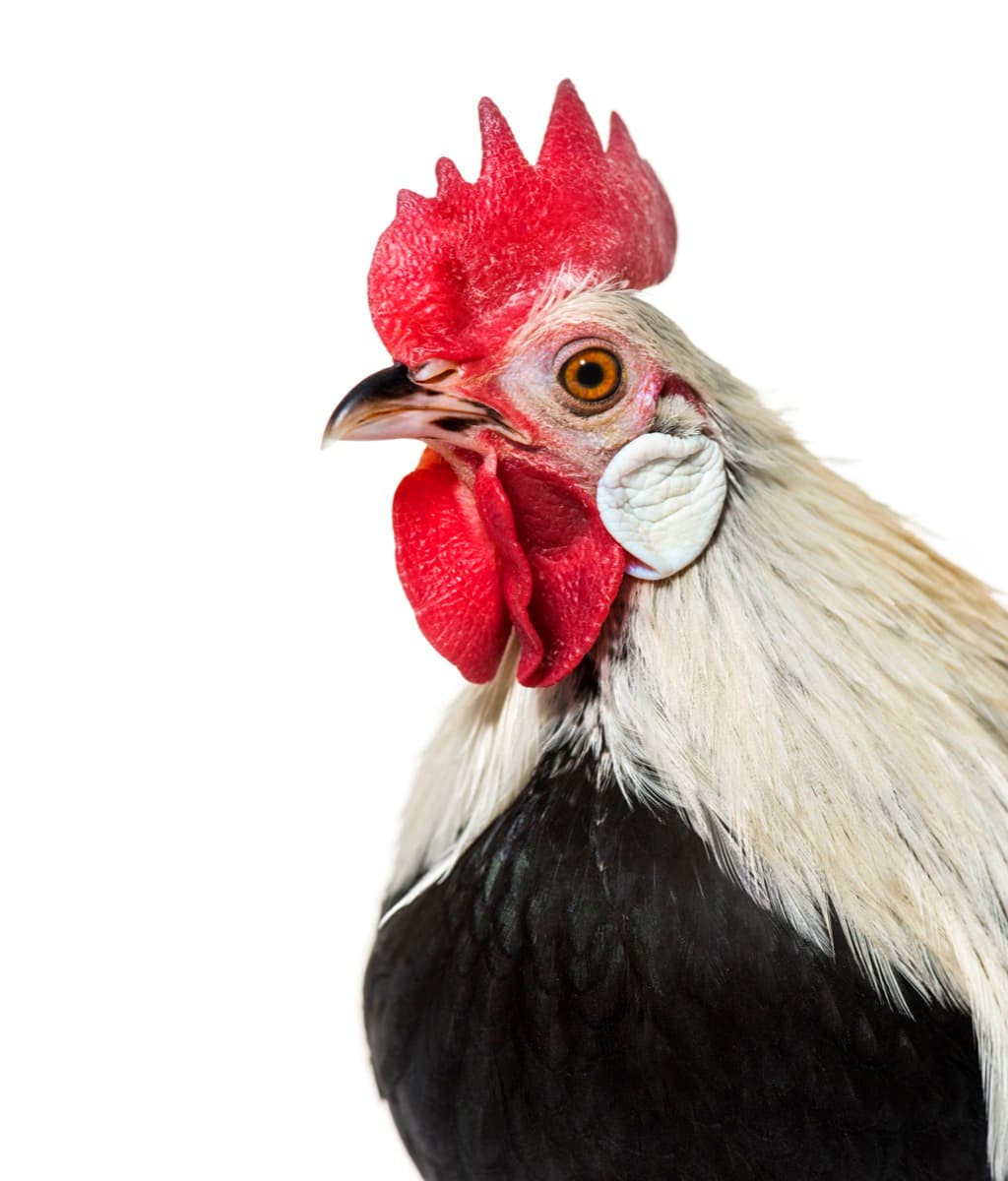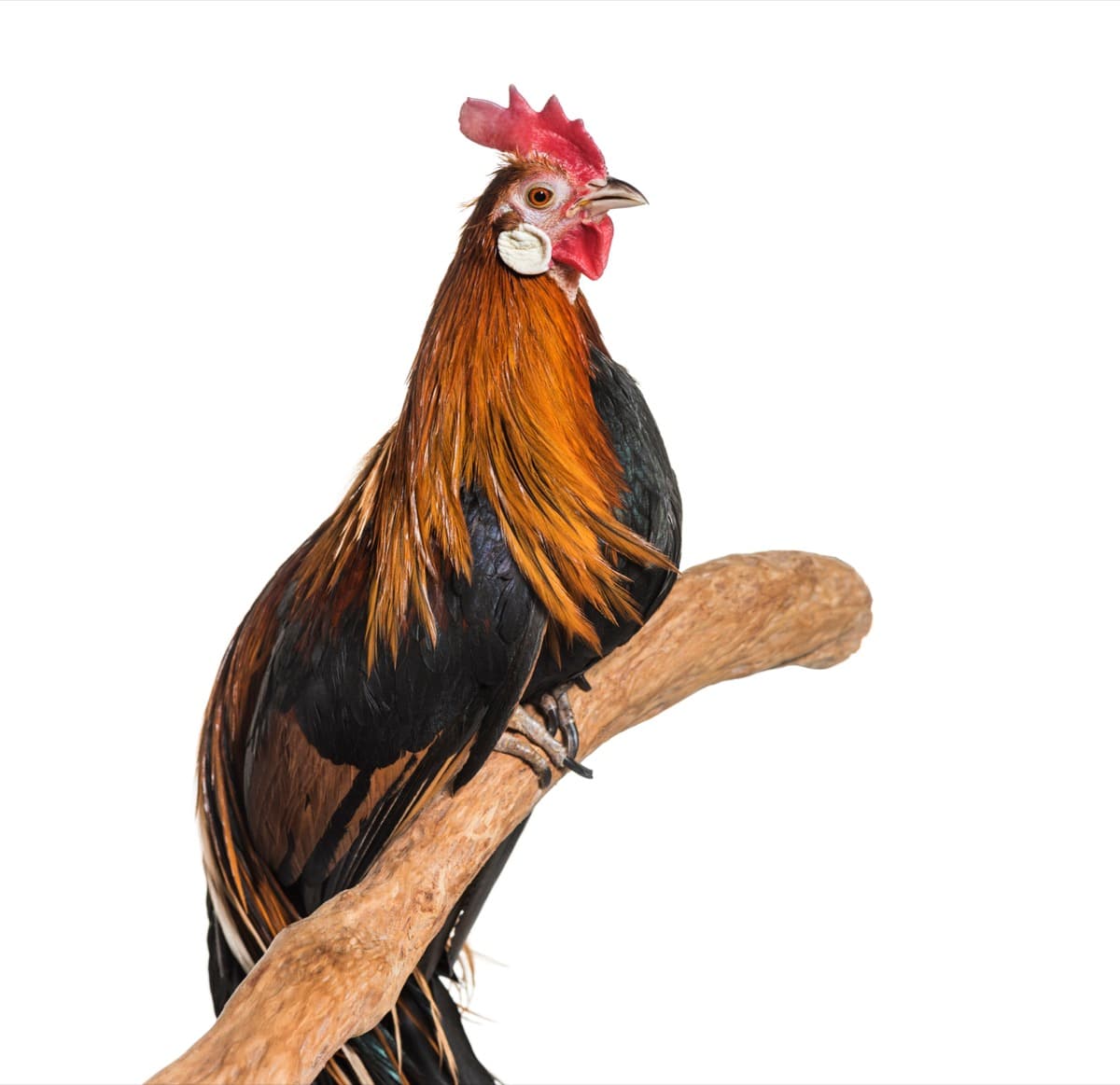Phoenix chickens are a breed that originated in Germany. These docile and easy-to-handle birds are a true delight in any flock. Phoenix hens, known for their docile nature and ease of handling, are a delight in any backyard or farm.

Housing Requirement for Raising Phoenix Chickens
- Housing is an essential aspect of caring for Phoenix chickens. These birds require a spacious and well-ventilated coop to thrive. Providing them with enough space to move around comfortably is important, as overcrowding can lead to stress and health issues.
- When it comes to the coop’s design, ensure it has secure fencing and a predator-proof structure. This will protect your flock from threats such as raccoons, foxes, or neighborhood dogs. The coop should also have adequate lighting for egg production and easy cleaning access.
- Inside the coop, provide roosting bars where your Phoenix chickens can perch at night. Additionally, include nesting boxes filled with clean straw or shavings for egg-laying hens. You’ll create a comfortable environment that promotes their well-being by providing suitable housing for your Phoenix chickens.
The Temperament of Phoenix Chickens
- These birds are known for being docile and friendly, making them a great choice for backyard flocks or even as pets.
- Phoenix chickens also tend to be curious and intelligent, often inquisitive when exploring their surroundings. This can make them fun to watch and interact with, as they enjoy investigating new objects or areas within their environment.
- While each chicken may have its unique personality, the overall temperament of the Phoenix breed is typically mild-mannered and peaceful. They rarely exhibit aggressive behavior towards humans or other animals, making them suitable companions for families with children or other pets.
- Additionally, these birds are quite sociable, often forming close bonds within their flock.
- The pleasant temperament of Phoenix chickens makes them a wonderful addition to any poultry enthusiast’s flock or backyard setup.
Facts about Phoenix Chicken Breed
| Breed Name | Phoenix Chicken |
| Place of Origin | Germany |
| Rooster (Male) Size | 5.5 lbs |
| Chicken (Female) Size | 4 lbs |
| Color | Silver, gold, white, black-breasted red, light brown, golden-duckwing, silver-duckwing |
| Lifespan | 6 – 8 years |
| Climate Tolerance | Prefers warm |
| Egg Production | 52 – 126 small eggs per year |
Characteristics of Phoenix Chickens
- Phoenix chickens are known for their unique and striking appearance. One distinguishing characteristic of Phoenix chickens is their upright stance. They hold themselves regal, which adds to their overall elegance. Their slim and sleek bodies make them look like true aristocrats among other chicken breeds.
- Phoenix chickens come in a wide range of shades. From golden reds and rich browns to snowy whites and vibrant blacks, there is a color option to suit every taste. Some even have beautiful patterns or markings on their feathers, making them even more eye-catching.
- Another interesting trait of these birds is their long necks covered in soft plumage. This feature gives them an air of sophistication as they gracefully strut around the yard or exhibit at poultry shows.
- Phoenix chickens also possess good egg-laying abilities despite being bred primarily for ornamental purposes. While not prolific layers compared to some commercial breeds, they still produce many small to medium-sized cream or tinted eggs throughout the year.
In case you missed it: Safeguard Your Flock: Raising Geese to Protect Chickens

Phoenix Chicken Breed Standard & Appearance
- These birds are known for their long, flowing tail feathers that can reach impressive lengths. The males have beautifully arched tails, while the females exhibit a more modest tail size.
- Their body shape is slender and elegant, with a proud upright stance. They have relatively small heads with bright red wattles and combs that stand out against their glossy feathered bodies.
- The feathers of the Phoenix chickens come in an array of stunning colors and patterns. These birds are a sight, from golden brown to rich chestnut and even silver or white. Their plumage is often laced or speckled, adding more visual interest to their striking appearance.
- The Phoenix chicken breed adheres to certain standards regarding its appearance. Breeders strive for vibrant plumage colors and patterns and a well-balanced body structure that showcases the unique beauty of these magnificent birds.
Phoenix Chicken Egg Production
- Their elegant appearance and graceful demeanor add an enchanting touch to any flock. Phoenix hens are fair layers, producing around 52-126 small to medium-sized cream or tinted eggs per year.
- The Phoenix chicken egg size will be smaller, and the slower growth rate make Phoenix chickens better suited for egg production or showcasing their exquisite appearance. Their stunning plumage and graceful stature delight them in any flock or poultry show. Whether you want to add beauty to your backyard or participate in poultry exhibitions, the Phoenix breed is an excellent choice.
- Phoenix hens are fair layers of small to medium-sized cream-colored or tinted eggs. While they may not provide the same quantity as some commercial laying breeds, their unique qualities more than makeup for it.
Phoenix Chickens Weight
- Males of the breed typically weigh around 5.5 lbs, while females are slightly lighter at around 4 lbs. It’s important to note that these weights can vary depending on genetics, diet, and overall health.
- The size of Phoenix chickens makes them a manageable breed for experienced and novice chicken keepers alike. Their relatively smaller size also adds to their ornamental value, making them an ideal choice for exhibition purposes or as backyard pets.
Feeding Tips for Raising Phoenix Chickens
- Proper nutrition and feeding are important for the health and well-being of your Phoenix chickens. Providing them with proper housing that is clean, spacious, and predator-proof is crucial for their well-being. Additionally, ensuring a well-balanced diet of high-quality feed and fresh water will help keep them healthy and thriving.
- Provide a balanced diet with a good mix of grains, seeds, vegetables, and high-quality poultry feed. This will help meet their nutritional needs and promote optimal growth.
- Always provide fresh and clean water for your chickens. They need access to water, especially during hot weather or when laying eggs.
- Establish a regular feeding schedule by providing feed twice daily at consistent times. This routine helps maintain their digestive system’s balance.
Health Care Tips of Phoenix Chickens
- You can help ensure your birds stay healthy and happy by providing proper care and attention. One important aspect of caring for Phoenix chickens is their housing. These birds require a clean and dry environment with adequate ventilation. Regular cleaning of their coop is essential in preventing the buildup of bacteria or parasites that could harm their health.
- Ensure your Phoenix chickens have a comfortable and secure chicken coop to protect them from predators and the elements. The coop should be well-ventilated, with enough space for each bird.
- Offer your Phoenix chickens a balanced diet of high-quality chicken feed supplemented with fresh fruits, vegetables, and treats like mealworms or cracked corn. Make sure they always have access to clean water.
- Stay vigilant about the health of your birds by conducting regular health checks. Look out for signs of illness such as lethargy, loss of appetite, abnormal droppings, or feather abnormalities. If you notice any issues, consult a veterinarian knowledgeable about poultry.
- During hot summer months, provide shade in their enclosure so they don’t overheat, while during colder winter months, insulate their coop properly so they stay warm.
- Additionally, providing a balanced diet is crucial for maintaining good health. A nutritious feed that includes protein, vitamins, and minerals will help support optimal growth and development. It’s also important to always provide fresh water to keep them hydrated.
- Regular check-ups by a veterinarian specializing in poultry are recommended to observe any health issues early on. They can provide vaccinations against common diseases such as Marek’s disease or advise on appropriate treatment.
- Observing your flock closely regularly allows you to detect any signs of illness or distress quickly. Common indications may include changes in appetite, behavior, feather appearance, or droppings consistency.
In case you missed it: Chicken Coop to Living Room: Discover the 10 Best Chicken Breeds for Indoors

Conclusion
Phoenix chickens are a fascinating breed that captures the attention of poultry enthusiasts worldwide. Originating from Germany, the Phoenix chicken breed is renowned for its unique characteristics and ornamental value.
- Feed Your Flock for Less: Top 10 Tips to Save on Chicken Feed
- Ultimate Guide to Ossabaw Island Hog: Breeding, Raising, Diet, and Care
- Hatching Answers: The Top 10 Reasons Your Chickens Aren’t Laying Eggs
- Eggs and Economics: Breaking Down the Cost of Raising Backyard Chickens
- Defend Your Greens: Proven Methods to Keep Iguanas Out of Your Garden
- Ultimate Guide to Cinnamon Queen Chicken: A Comprehensive Guide for Beginners
- Ultimate Guide to California Tan Chicken: Breeding, Raising, Diet, Egg-Production and Care
- Ultimate Guide to Marsh Daisy Chicken: Breeding, Raising, Diet, and Care
- 10 Types of Chicken Farming Businesses You Can Start for Profits